Journal Boards
Holder of Concession
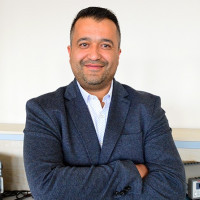
Editır in Chief

Co-Editors
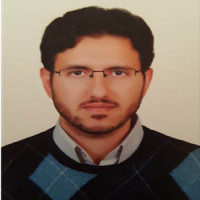
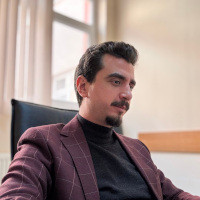
Statistic Editor
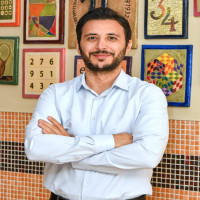
Language Editor
Field Editors
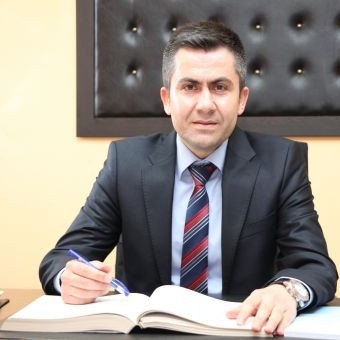
Ahmet İpek is a professor in the Department of Mathematics, Division of Algebra and Number Theory, at Karamanoğlu Mehmetbey University, Kamil Özdağ Faculty of Science. His academic career began as a Research Assistant in the Department of Mathematics at Selçuk University from 2001 to 2009. In 2009, he became an Assistant Professor at Mustafa Kemal University, where he earned the title of Associate Professor in 2012. In 2013, he joined Karamanoğlu Mehmetbey University and was promoted to Professor in 2018. He completed his undergraduate studies in Mathematics at Selçuk University’s Faculty of Science between 1997 and 2001. He obtained his master’s degree from the Institute of Science at Selçuk University in 2005, with a thesis titled “Norms of Khatri-Rao and Tracy-Singh products of Cauchy-Toeplitz and Cauchy-Hankel matrices.” In 2009, he completed his PhD at the same institution with a dissertation titled “Fibonacci and Lucas matrix sequences and their properties.” Throughout his academic journey, he has conducted research primarily in Algebra and Number Theory.

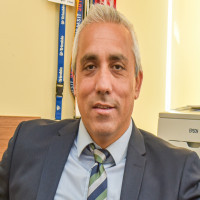


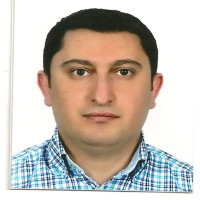

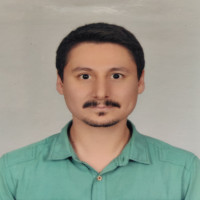
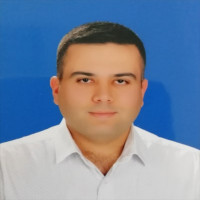

Osman Tunca is a Assoc. Prof. in the Civil Engineering Department of Karamanoğlu Mehmetbey University where he has been a faculty member since December 2023.
Osman completed his B.S. at Aksaray University and his M.Sc. at Gaziantep University in 2010 and 2013 respectively. His Ph.D. completed at Akdeniz University in 2019. His research interest lies in the area of experimental study of structural members, finite element analysis, and optimum design.
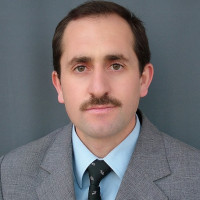
 Web
Web
1999 yılında Selçuk Üniversitesi Eğitim Fakultesi Biyoloji Öğretmenliği, 2004 yılında Yüzüncü Yıl Üniversitesi Fen Bilimleri Enstitüsünde Bitki fizyolojisi alanında yüksek lisans, 2014 yılındaDumlupınar Üniversitesi Fen Bilimleri Enstitüsünde Bitki Sistematiği alanında doktora yaptım. Bitki sistematiği, etnobotanik, tıbbi ve aromatik bitkiler, bitki fizyolojisi alanında çlışmalar yapıyorum.
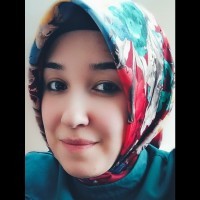
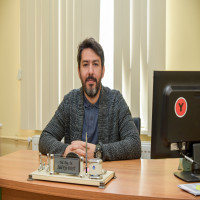
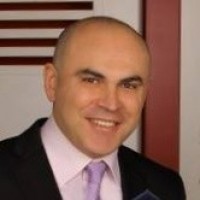
Lisans, Yüksek Lisans ve Doktora derecelerini sırasıyla 1997, 2010 ve 2016 yıllarında Ankara Gazi Üniversitesi'nden elektrik eğitimi alanında aldı. Şu anda Karamanoğlu Mehmetbey Üniversitesi Mühendislik Fakültesi Elektrik ve Elektronik Mühendisliği bölümünde Doçent olarak çalışmaktadır. Araştırma ilgi alanları arasında orta frekans güç transformatörü, yumuşak manyetik çekirdek malzemeli transformatör tasarımı, transformatör termal analizi, indüktör tasarımı, FEA yazılımı ile elektromanyetik modelleme ve güç elektroniği devrelerinin performans analizi yer almaktadır.
He received the B.S., M.S. and the Ph.D. degrees in electrical education from the Gazi University, Ankara, in 1997, 2010 and 2016, respectively. He is currently an Associate Professor at the faculty of engineering, department of Electrical And Electronics Engineering, Karamanoğlu Mehmetbey University. His research interests include medium frequency power transformer, transformer design with the soft magnetic core material, transformer thermal analysis, inductor design, electromagnetic modeling with FEA software, and performance analysis of the power electronics circuits.
Gıda Mühendisliği, Et Bilimi ve Teknolojisi
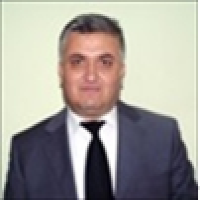
 Web
Web
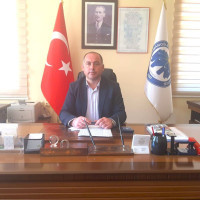

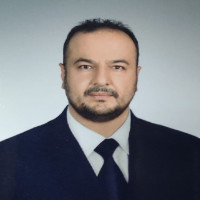

Dr. Yalçın Kalkan is a physicst currently employed at the Bolu Abant İzzet Baysal University (Turkiye) and is the head of the center of the radiation detectors research and application (NÜRDAM). He is a team leader of the CERN DRD1 Collaboration. Scientific interests cover the following areas: innovative materials for detector technologies, investigation of the potential use of nanomaterials as detector structures, polimer materials to detect X-rays, development of innovative materials for radiation shielding, size determination in gas phase using Rayleigh scattering methode, UV photocathode materials and the characterization, radiation-material interaction mechanisms, wearable radiation detector Technologies using textile materials.
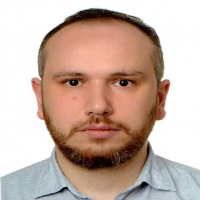
Dr. Burak Sürmen 2008 yılında Ondokuz Mayıs Üniversitesi Fen Edebiyat Fakültesi Biyoloji Bölümünden mezun olmuştur. 2012 yılında Ondokuz Mayıs Üniversitesi Fen Bilimleri Enstitüsü Biyoloji Anabilim Dalından “Hacıosman Subasar Ormanında bazı azot tespiti yapan ve yapmayan ağaç ve çalı türlerinde yaprak rezorbsiyonu” konulu tez ile “Yüksek Lisans” derecesi almıştır. Yine 2018 yılında Ondokuz Mayıs Üniversitesi Fen Bilimleri Enstitüsü Biyoloji Anabilim Dalından “Su basar orman ekosistemlerinde tahribat derecelerinin türlerin strateji ve ekolojik gösterge değerlerine göre belirlenmesi” başlıklı tez ile “Doktora” derecesi almıştır. Yüksek lisans ve doktora tezlerinin konusu bitki ekolojisi olup, halen Karamanoğlu Mehmetbey Üniversitesi Kâmil Özdağ Fen Fakültesi Biyoloji Bölümünde görevine devam etmektedir.
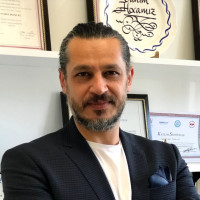
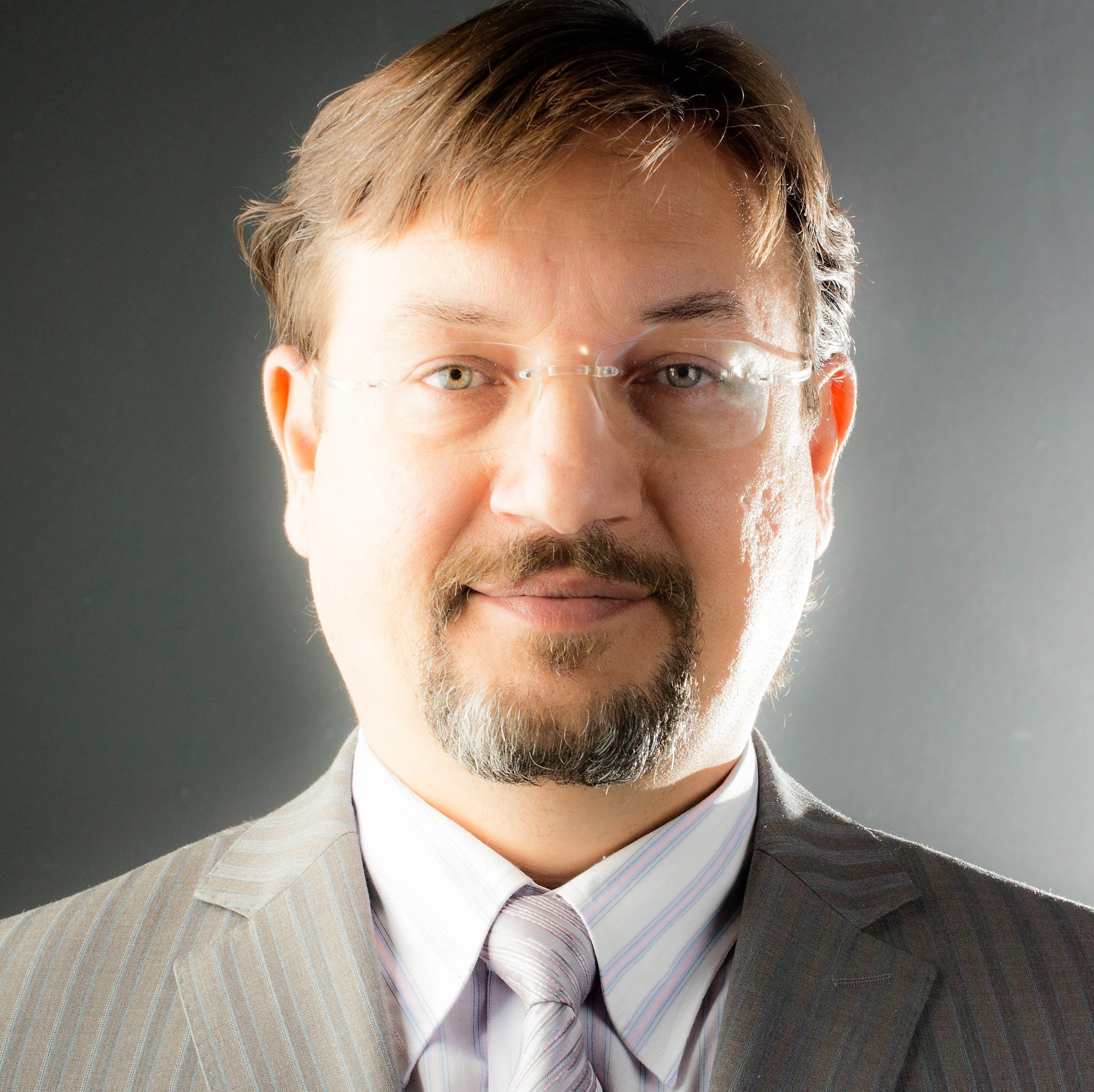
Ümit ÜNVER earned his Bachelor's Degree in Mechanical Engineering in 1998, followed by a Master's Degree in Mechanical Engineering (Thermodynamics and Energy Department) in 2000, and a Ph.D. in the same field in 2004, all from Uludağ University.
In 1999, he joined the Mechanical Engineering Department at Uludağ University as a Research and Teaching Assistant. After completing his doctorate, he was appointed as a Lecturer in 2005.
From 2006 to 2011, he gained industrial experience as a C-level executive. In 2011, he joined the Faculty of Engineering at Yalova University as an Assistant Professor.
Throughout his career, Dr. ÜNVER has held several key administrative and advisory roles, including Coordinator of the Founding Committee for Yalova University Technopark, Coordinator for Public University-Industry Collaborations (KÜSİ), Deputy Director and Director of the Yalova University Science and Technology Applied and Research Center, and Advisor to the Rector. In 2018, he was promoted to Associate Professor in the Department of Mechanical Engineering. In 2024 he was promoted to Professor in the same department.
His research focuses on energy efficiency in buildings, green buildings, zero energy buildings, energy efficiency in industry, thermodynamic analysis, energy conversion systems, and induction heating systems. By the end of 2021, he had published over 60 papers and articles on these topics. Additionally, he has served as an executive, consultant, observer, and referee in more than 30 projects.
International Editorial Board
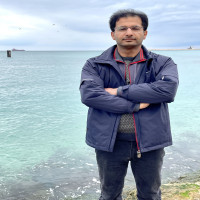
Professor Ahmed Nafis is a renowned microbiologist with expertise in microbial biotechnology, applied microbiology, and environmental microbiology. Currently serving in the Department of Biology at the Faculty of Sciences, Chouaib Doukkali University in El Jadida, Morocco, he has built an impressive academic career, including notable positions at prestigious institutions such as Université Cadi Ayyad.
A pioneer in his field, Pr. Nafis’s research delves into cutting-edge topics, including the study of plant growth-promoting traits in actinobacteria species sourced from Morocco's unique and unexplored habitats. His work has made substantial contributions to microbiology, biotechnology, and natural products, positioning him as a key figure in advancing scientific knowledge in these areas.


Milena Georgieva is a Professor of Molecular Biology at the renowned Bulgarian Academy of Sciences. Additionally, she holds the role of Co-Founder and Chief Scientific Officer at EPIX.AI, a cutting-edge company combining epigenetics and AI to revolutionize personalized longevity.
With a strong foundation in molecular biology, genetics, epigenetics, and longevity, Milena has honed her expertise through specialized training at esteemed institutions such as the Curie Institute and the University of Strasbourg in France, as well as the International Research Centre for Bioengineering in Trieste, Italy. Milena's contribution to scientific knowledge is evident through her co-authorship of over 100 peer-reviewed publications in international journals. She has played a vital role as a leader and participant in numerous research projects, exemplifying her commitment to pushing the boundaries of scientific discovery.
Outside of her academic pursuits, Milena actively contributes to the scientific community in various roles. She is a research consultant at the esteemed International Enago Academy, providing valuable guidance to scientists worldwide on academic development. Furthermore, her involvement as an External Scientific Advisor at the LifeSaver project, a part of the esteemed EU Programme Horizon 2020, showcases her dedication to ensuring maternal and foetal safety. She is a Health Expert at AcrossLimits, a dynamic Malta-based company specializing in technology, innovation, funding, networking, and commercialization.
Milena's impact extends beyond her research endeavours. As an honorary member of the Advisory Board of M3 Communications Group, Inc., she provides strategic guidance at the intersection of science and communication. Her exceptional ability to communicate complex scientific concepts to a broader audience is demonstrated through her engagement as a guest lecturer at numerous festivals, scientific events, and appearances on radio and TV shows. Milena's influential voice has also been showcased on the prestigious TED platform, where she shares her groundbreaking ideas with a global audience.
Milena is an esteemed member of several distinguished scientific societies, including the Union of Scientists in Bulgaria, the European Federation of Biochemical Societies, and the International Union of Clinical Epigenetics. Her involvement in these esteemed organizations further solidifies her position as a respected figure in the scientific community.

Dr. Sajjad Bagheri Baba Ahmadi is a Lecturer in computer science at the University of the West of Scotland, United Kingdom. He holds a PhD in Computer Science and Technology from Nanjing University of Science and Technology, where his research focused on innovative image watermarking techniques for information security. With a strong background in artificial intelligence, multimedia security, and privacy, Dr. Sajjad has authored many publications in prestigious journals and conferences.
In addition to his academic role, Dr. Sajjad actively contributes to the research community as an editor, peer reviewer, and conference committee member. His research interests include cybersecurity, multimedia forensics and security, deepfake detection, and machine learning.
Dr. Manish Kumar Singla is an Assistant Professor in the Department of Computer Science Engineering at Baba Farid College of Engineering and Technology, Bathinda, India. He did his PhD in the Electrical and Instrumentation Engineering Department at Thapar Institute of Engineering and Technology, India. He received his B.E. and M.E. degrees in Electrical Engineering from the Punjab Technical University and Thapar Institute of Engineering and Technology, in India, respectively. He has published more than 90 manuscripts in good journals and granted more than 25 patents. He is serving as an academic editor in some well-known journals. His current fields of interest include Fuel Cells, Power Systems, Artificial intelligence, Machine Learning, and Renewable Energy.
Technical Editors
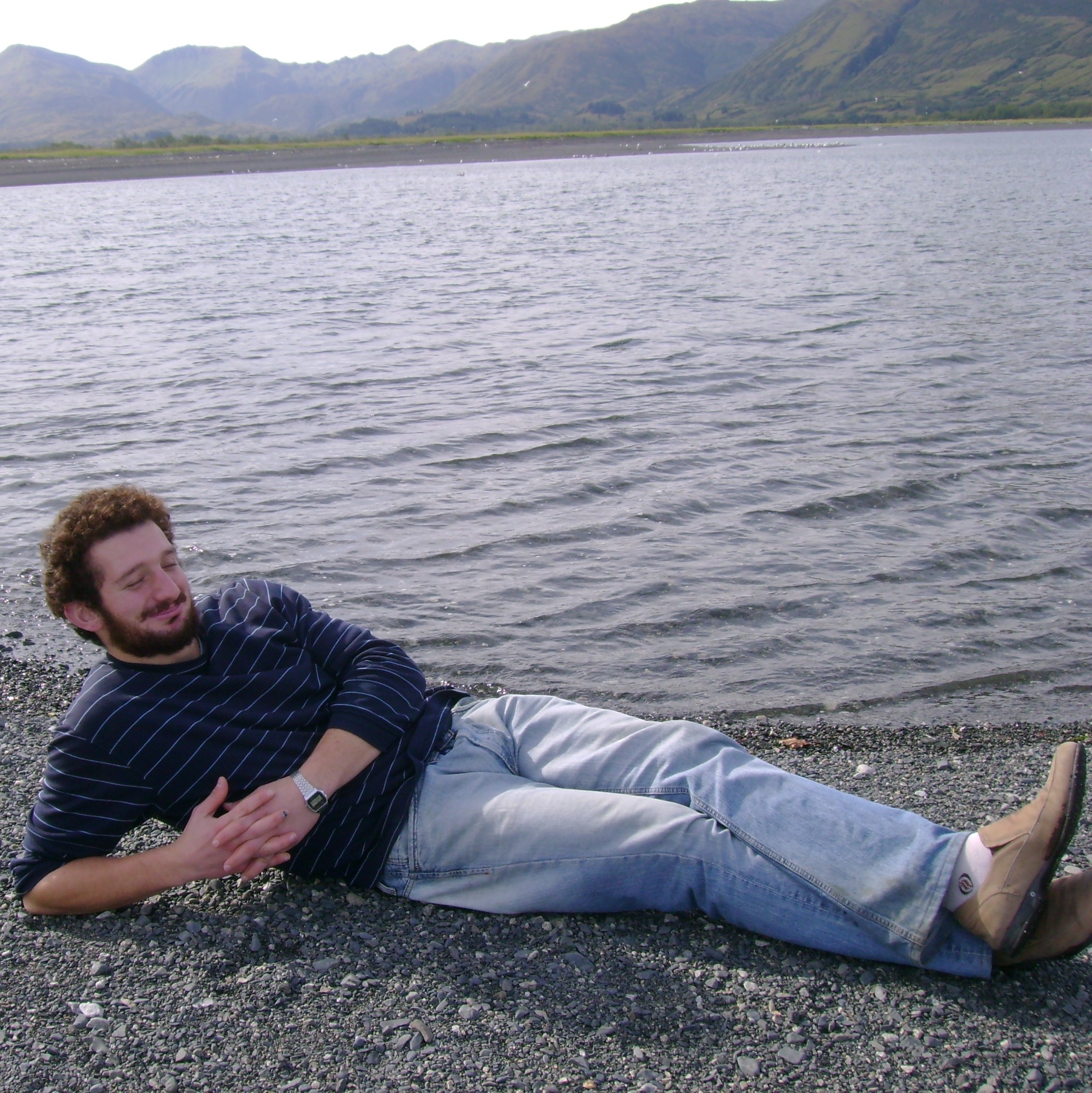
Editorial and Layout Editors
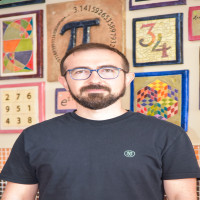
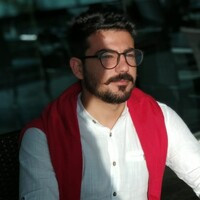
Secretariat

The articles in KMUJENS are licensed under the Creative Commons Attribution-NonCommercial 4.0 International License. Commercial use of the content is prohibited. Articles in the journal can be used as long as the author and original source are cited.